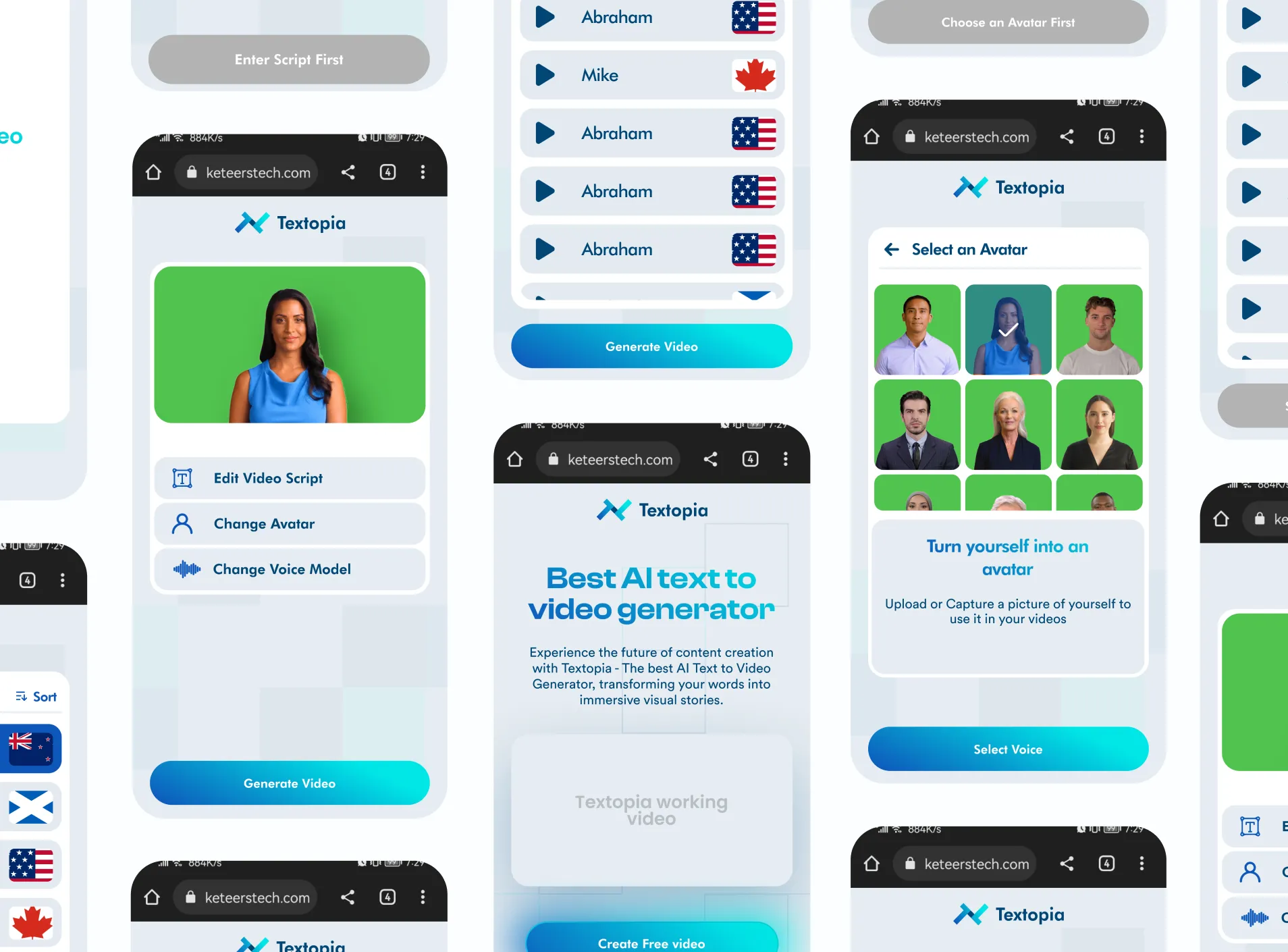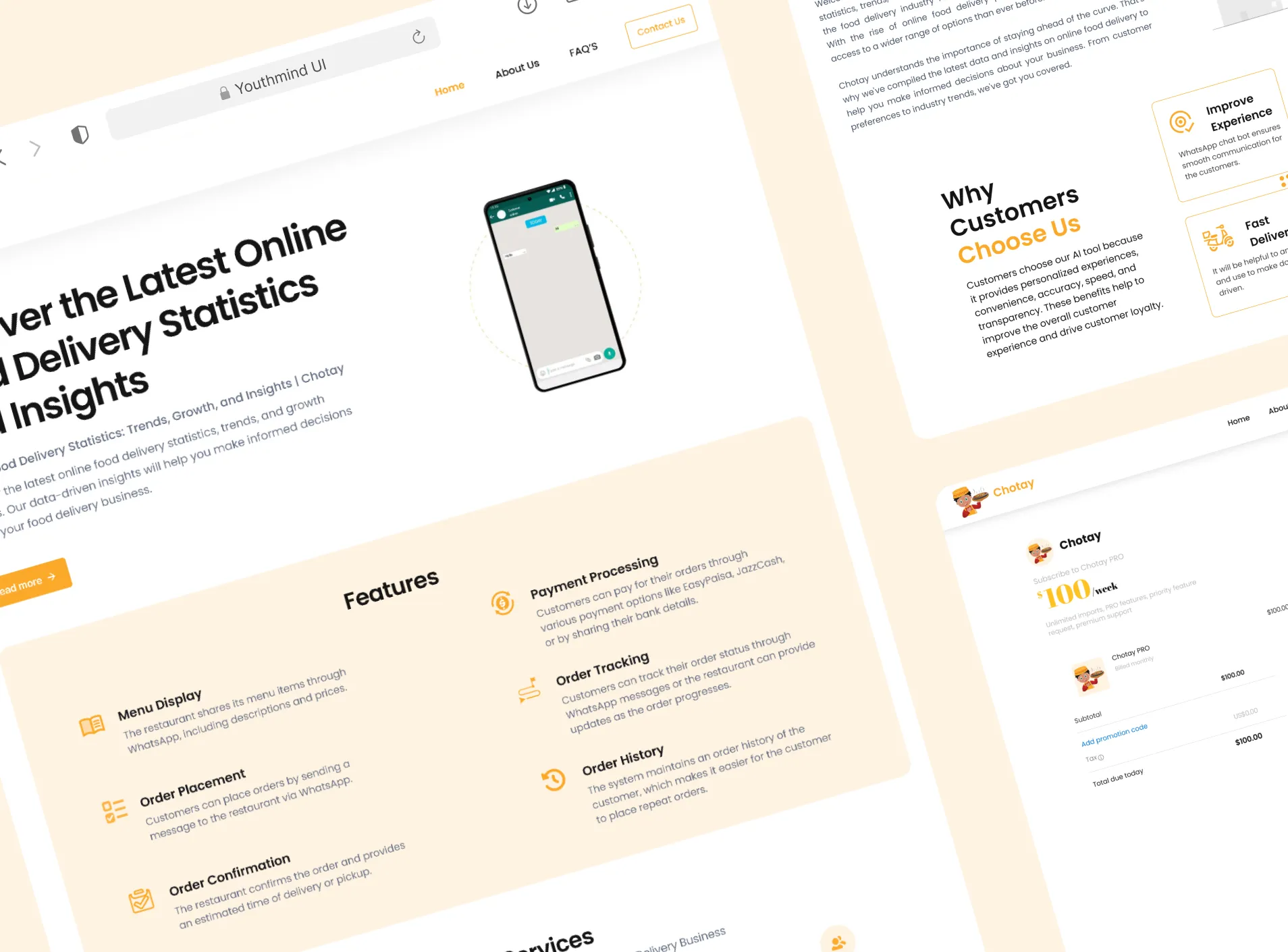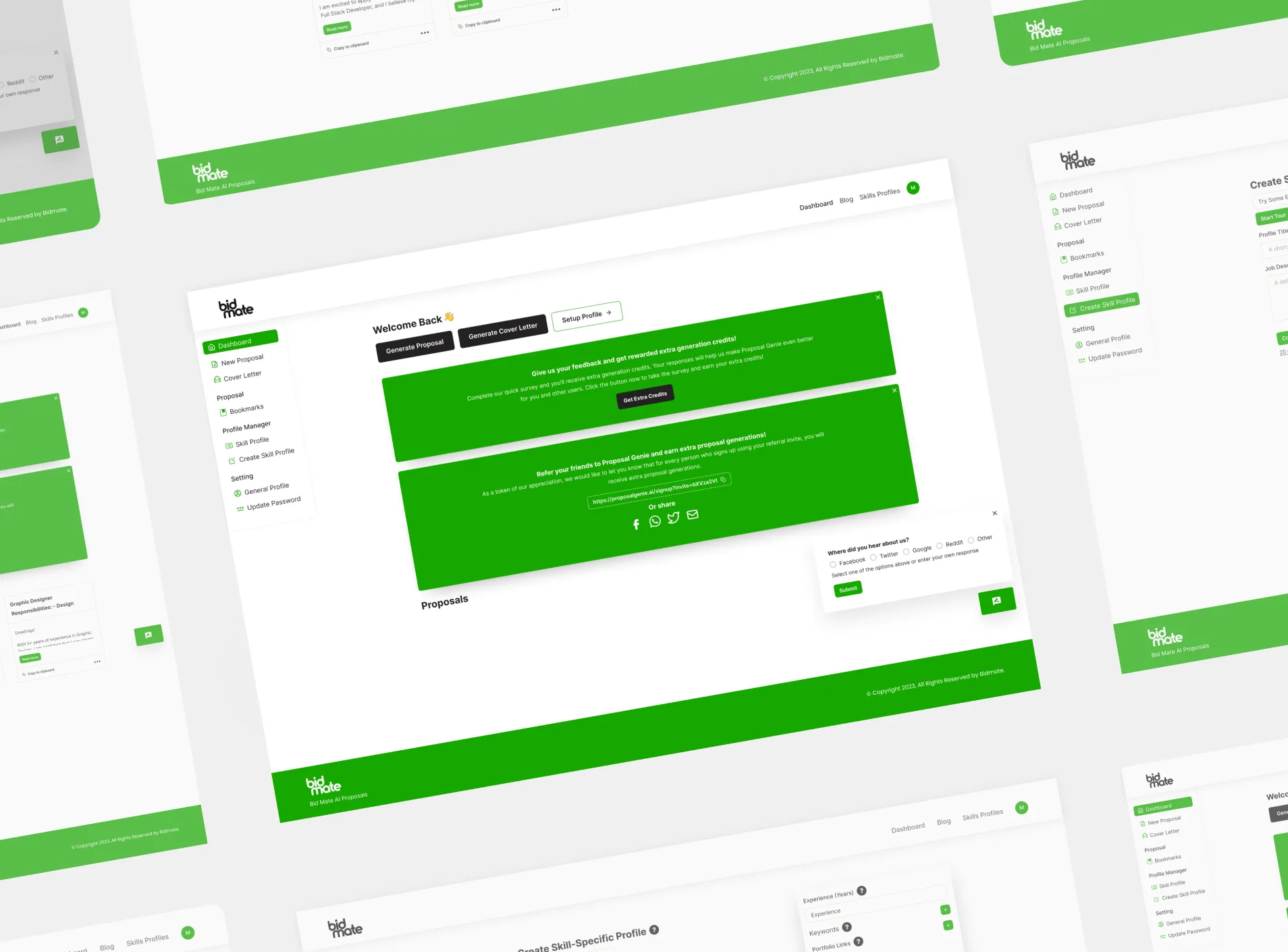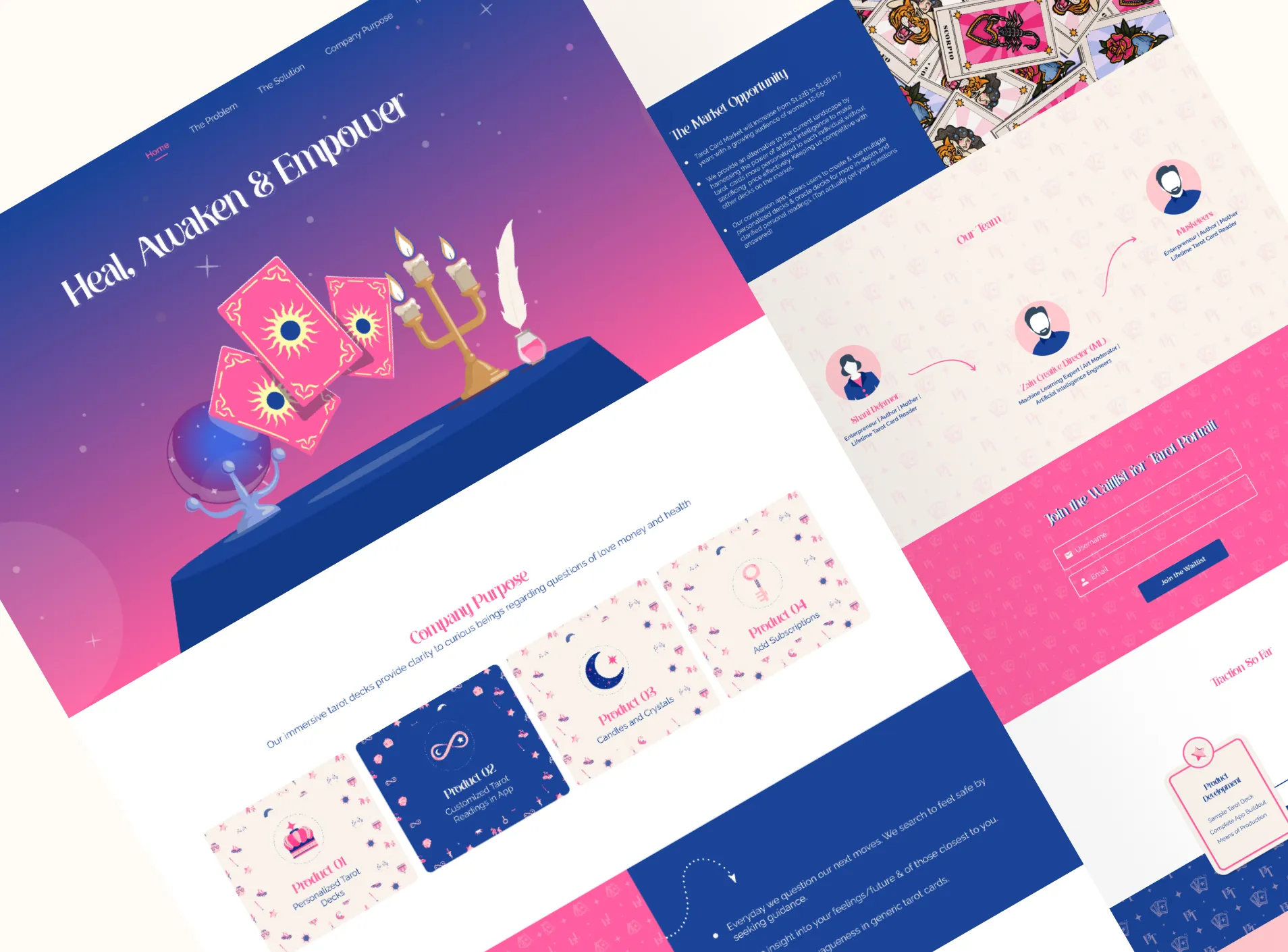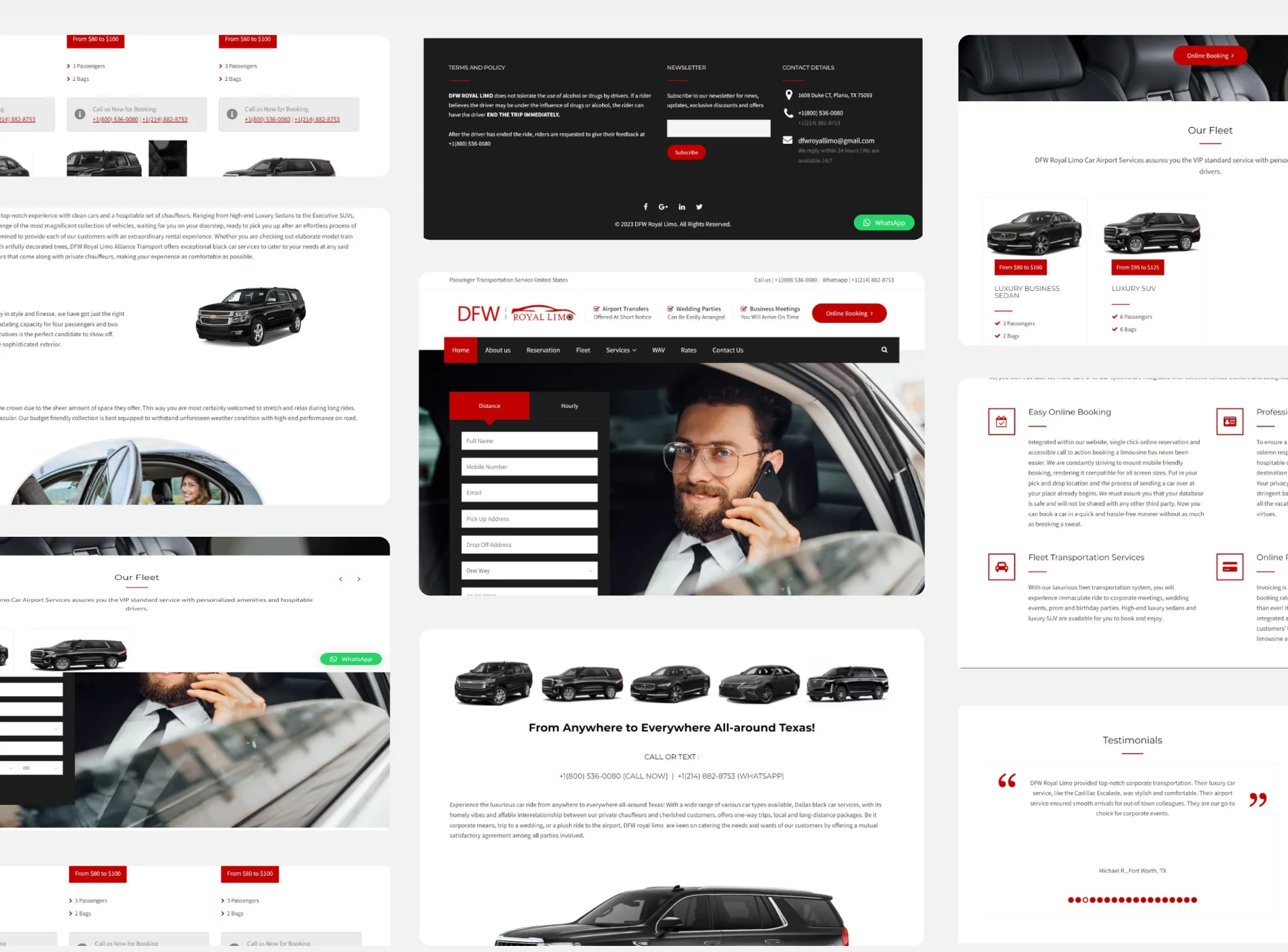
- 12 Sep, 2022
- Mobile Development
- Frameworks
- By Musketeers Tech
In the dynamic world of mobile app development, the trend towards cross-platform solutions has been gaining traction. At Musketeers Tech, we understand the significance of this shift. Cross-platform app development not only streamlines the development process but also ensures a consistent user experience across various mobile platforms.
Bespoke app development at Musketeers Tech is tailored to meet the unique needs of our clients. By adopting cross-platform solutions, we ensure a harmonious blend of customization and efficiency. Our approach not only accelerates the development lifecycle but also guarantees a consistent and polished user experience across diverse mobile platforms.
The Rise of Cross-Platform Development
Since 2010, the interest in cross-platform app development has surged, as evidenced by data from Google Trends. This approach, which involves creating apps that perform seamlessly on multiple mobile platforms, has become a cornerstone in modern app development strategies.
Defining Cross-Platform App Development Frameworks
Cross-platform frameworks are the tools that enable developers to write code once and deploy it across multiple platforms, such as iOS and Android. This method is highly efficient, saving time and resources while ensuring a broader reach for the application.
Selecting the Right Framework
Choosing the appropriate framework is crucial for your project’s success. Factors like your team’s expertise, the framework’s features, and its compatibility with your project goals play a significant role in this decision.
Leading Frameworks in 2024
Flutter
- Developed by Google, Flutter has gained immense popularity for its hot reload feature and support for Material Design.
- Uses Dart as its programming language.
- Examples: eBay, Alibaba, Google Pay.
React Native
- Created by Meta Platforms, React Native is renowned for its focus on UI and Fast Refresh feature.
- Based on JavaScript.
- Examples: Skype, Bloomberg, Shopify.
Kotlin Multiplatform
- A product of JetBrains, Kotlin Multiplatform allows for sharing code between Android and iOS while offering full control over the UI.
- Utilizes Kotlin.
- Examples: Philips, Baidu, Netflix.
Ionic
- An open-source toolkit that blends native and web technologies for building mobile apps.
- Primarily uses JavaScript.
- Examples: T-Mobile, BBC, EA Games.
Xamarin
- Owned by Microsoft, Xamarin uses C# and .Net for developing apps across multiple platforms.
- Known for its Base Class Library and Xamarin.Forms.
- Examples: UPS, Alaska Airlines.
Choosing the Ideal Framework
To find the framework that aligns with your project needs, consider factors like your team’s programming skills, the framework’s vendor reliability, UI customization capabilities, maturity, functionalities, consistency across platforms, security aspects, and available educational resources.
Conclusion
The landscape of cross-platform app development is ever-evolving. At Musketeers Tech, we recommend carefully evaluating these frameworks to identify the one that will best suit your project’s requirements and goals. The right choice can significantly impact the success of your mobile app development endeavors.

